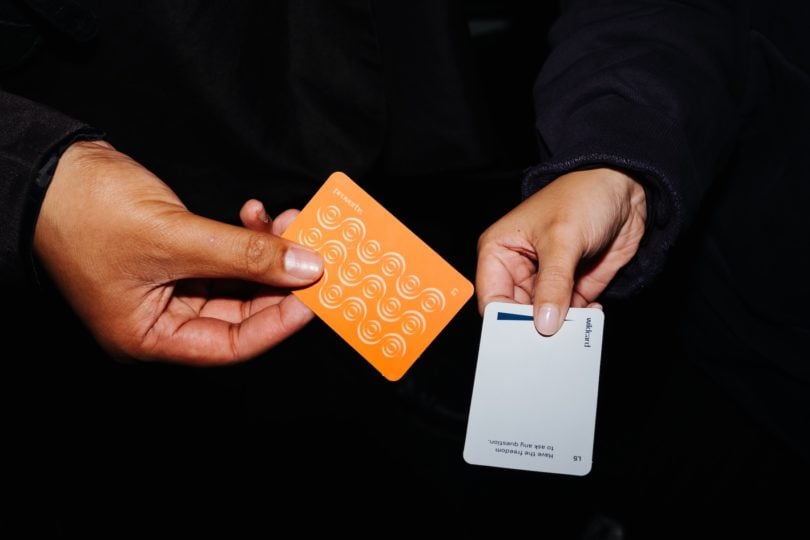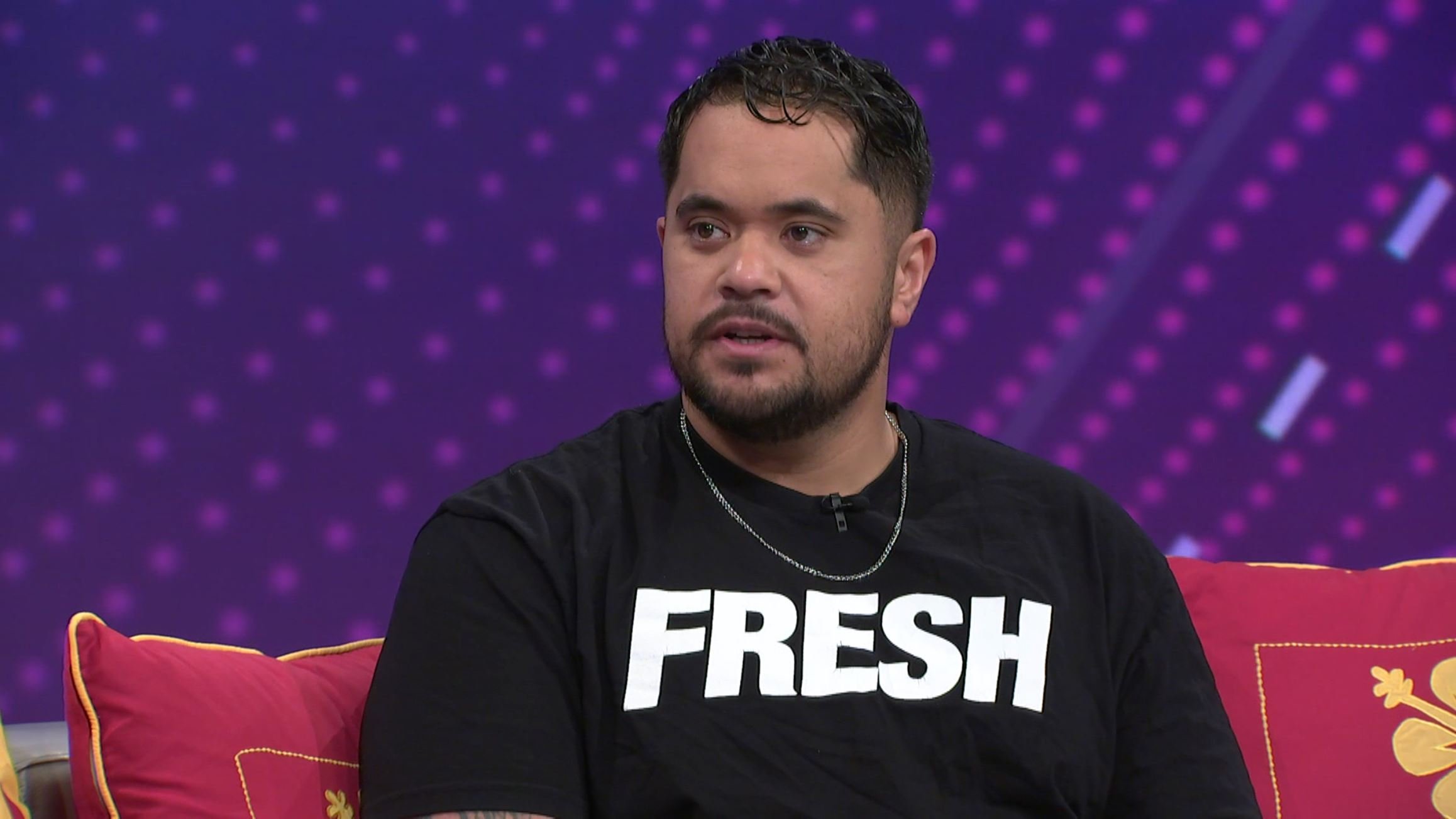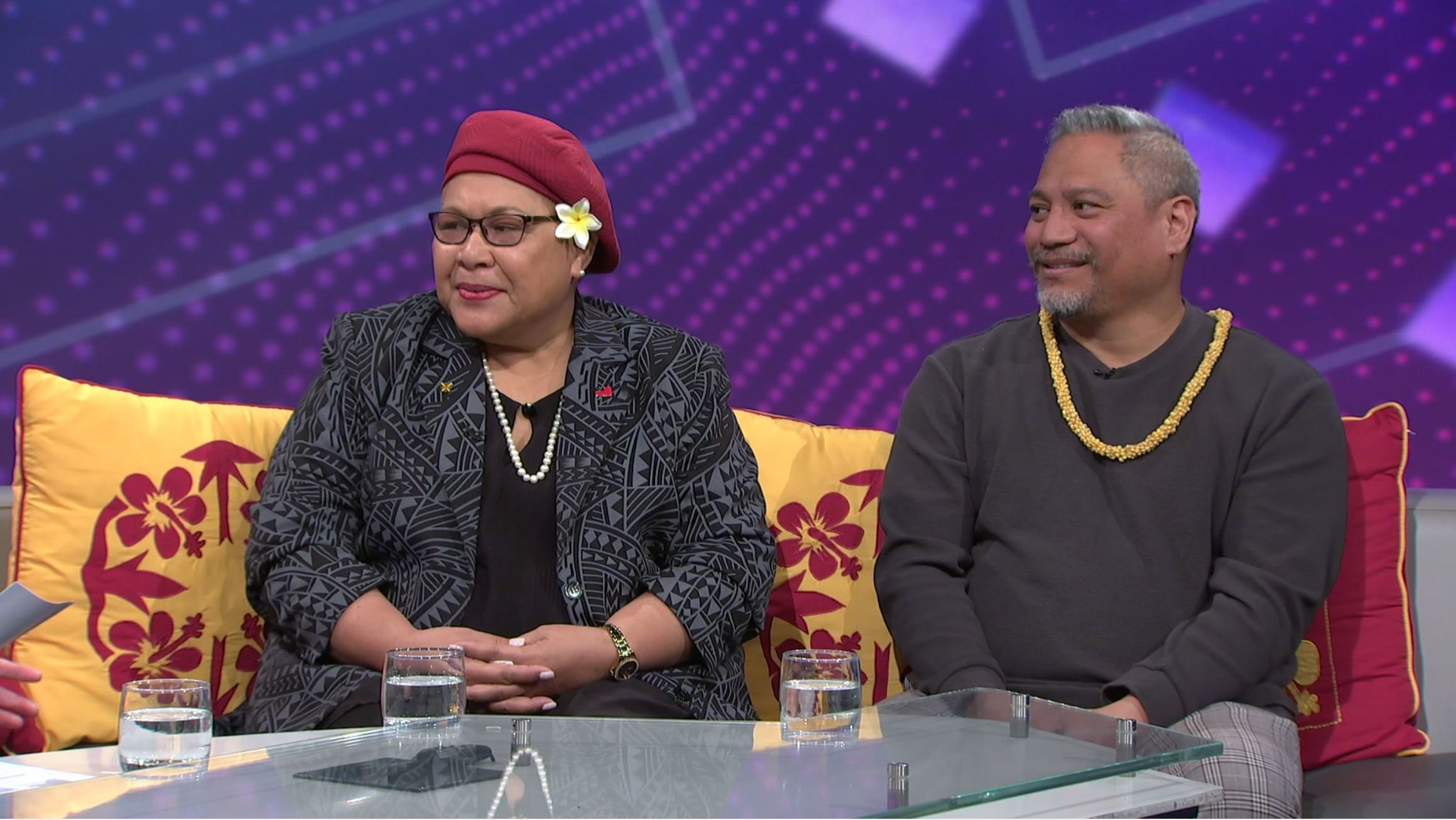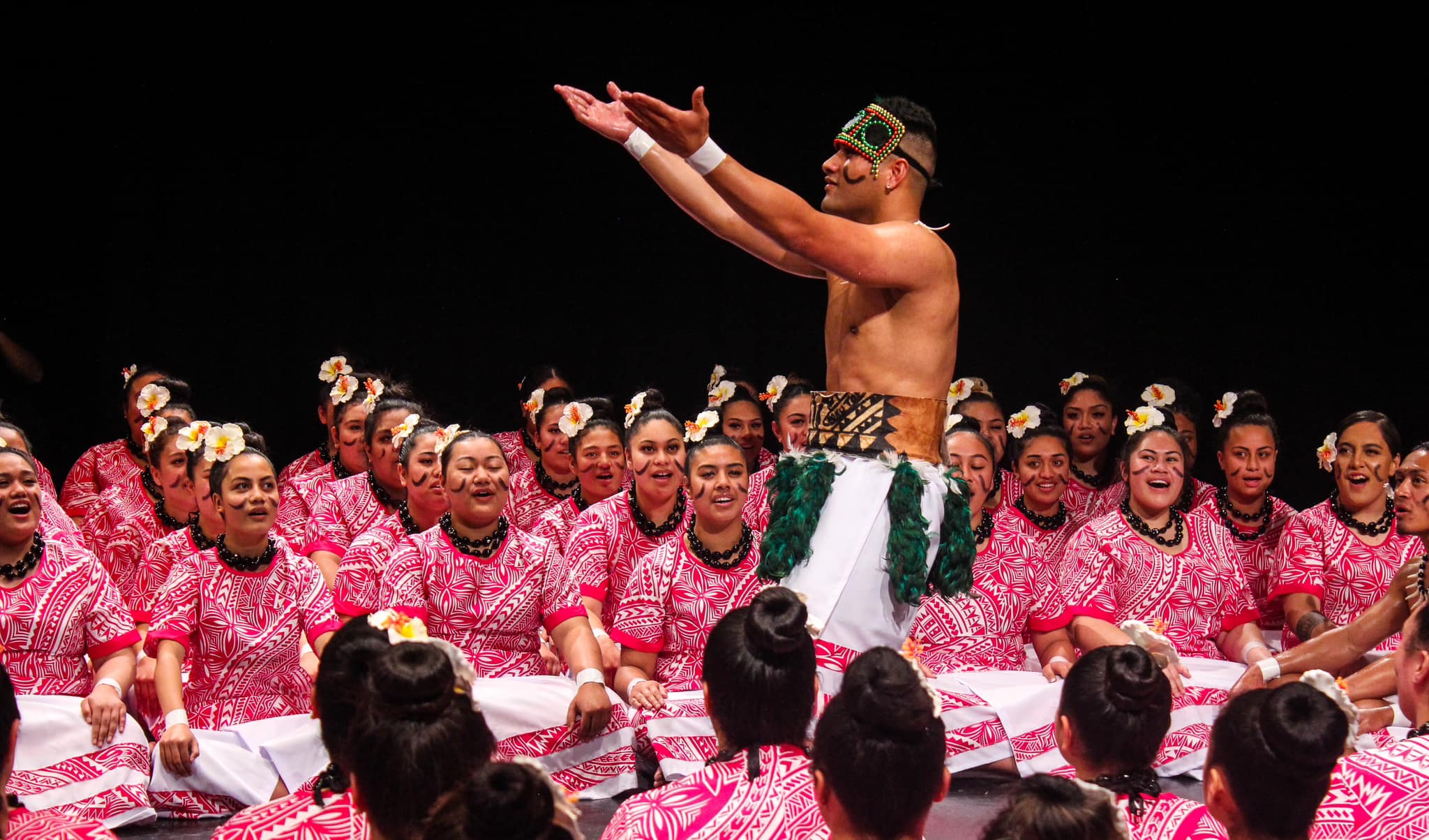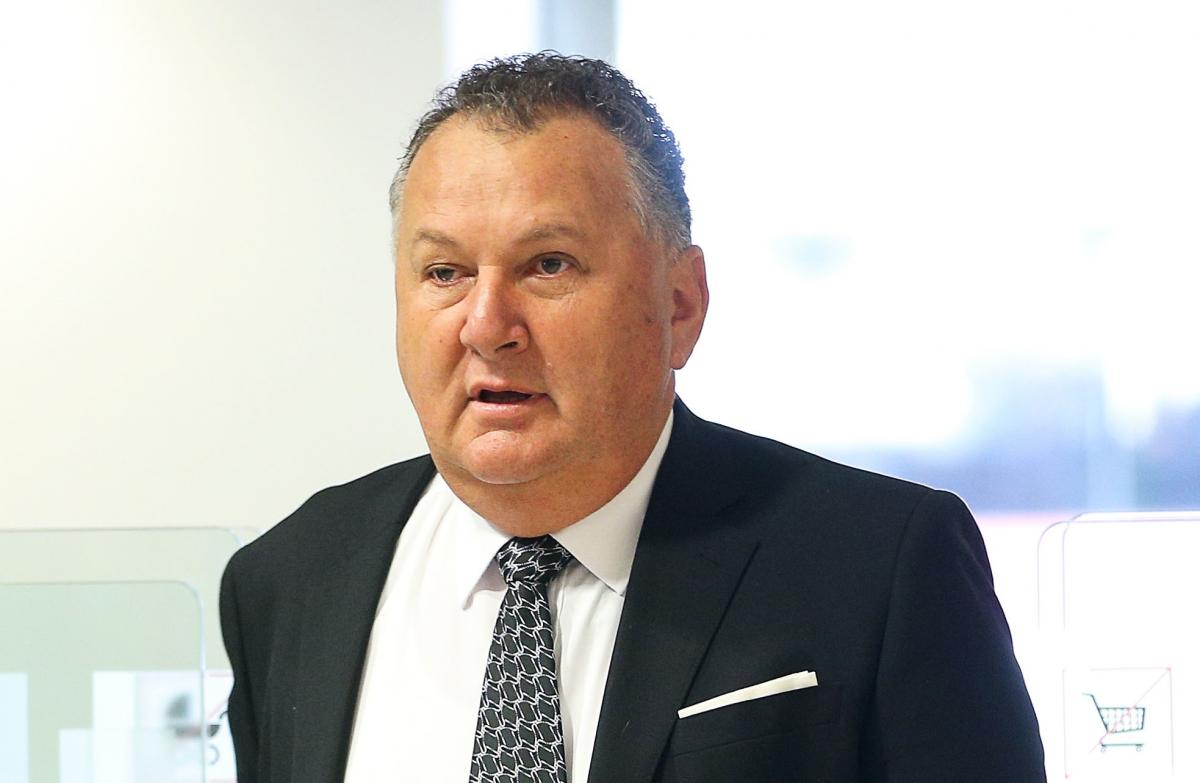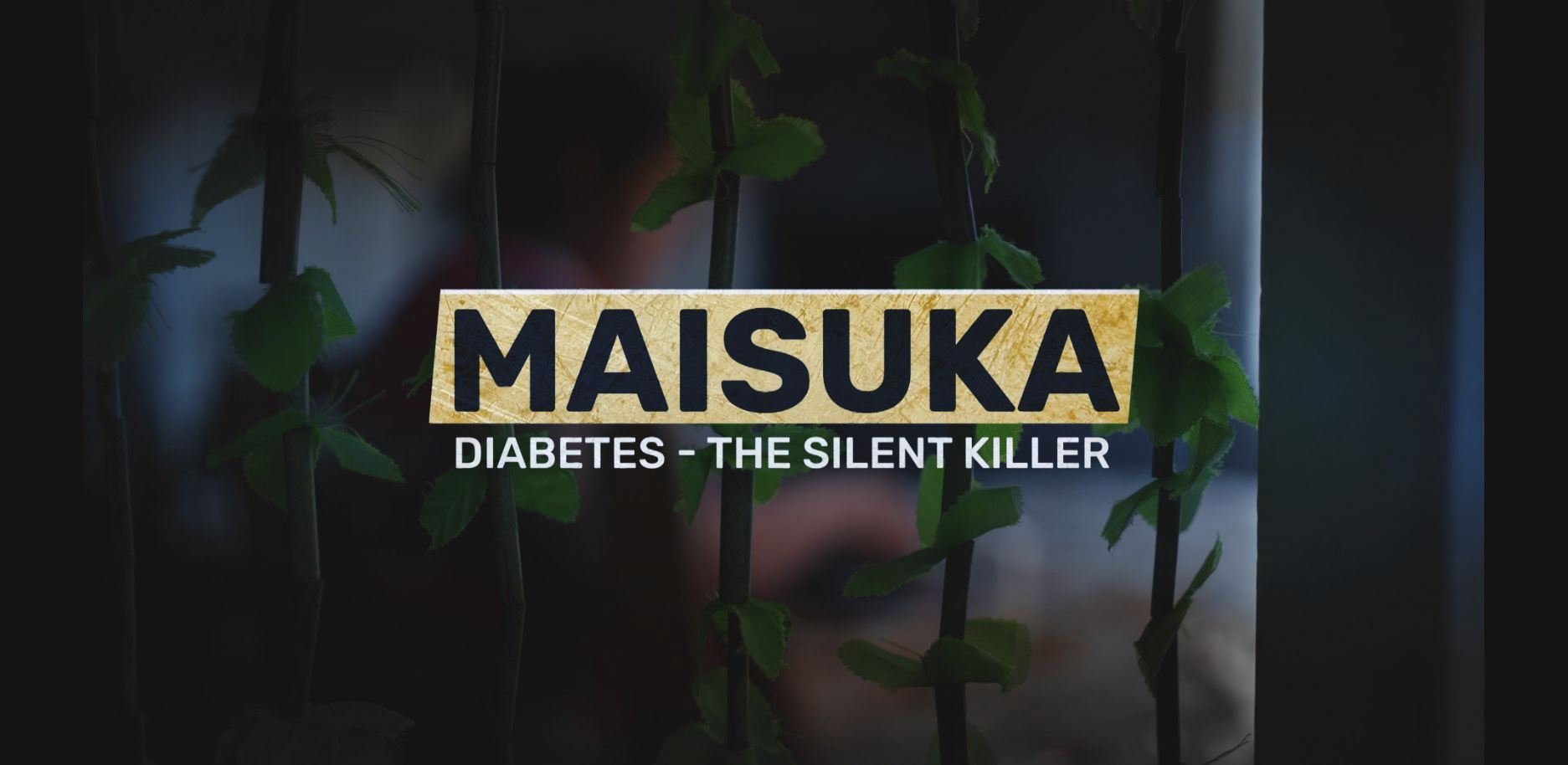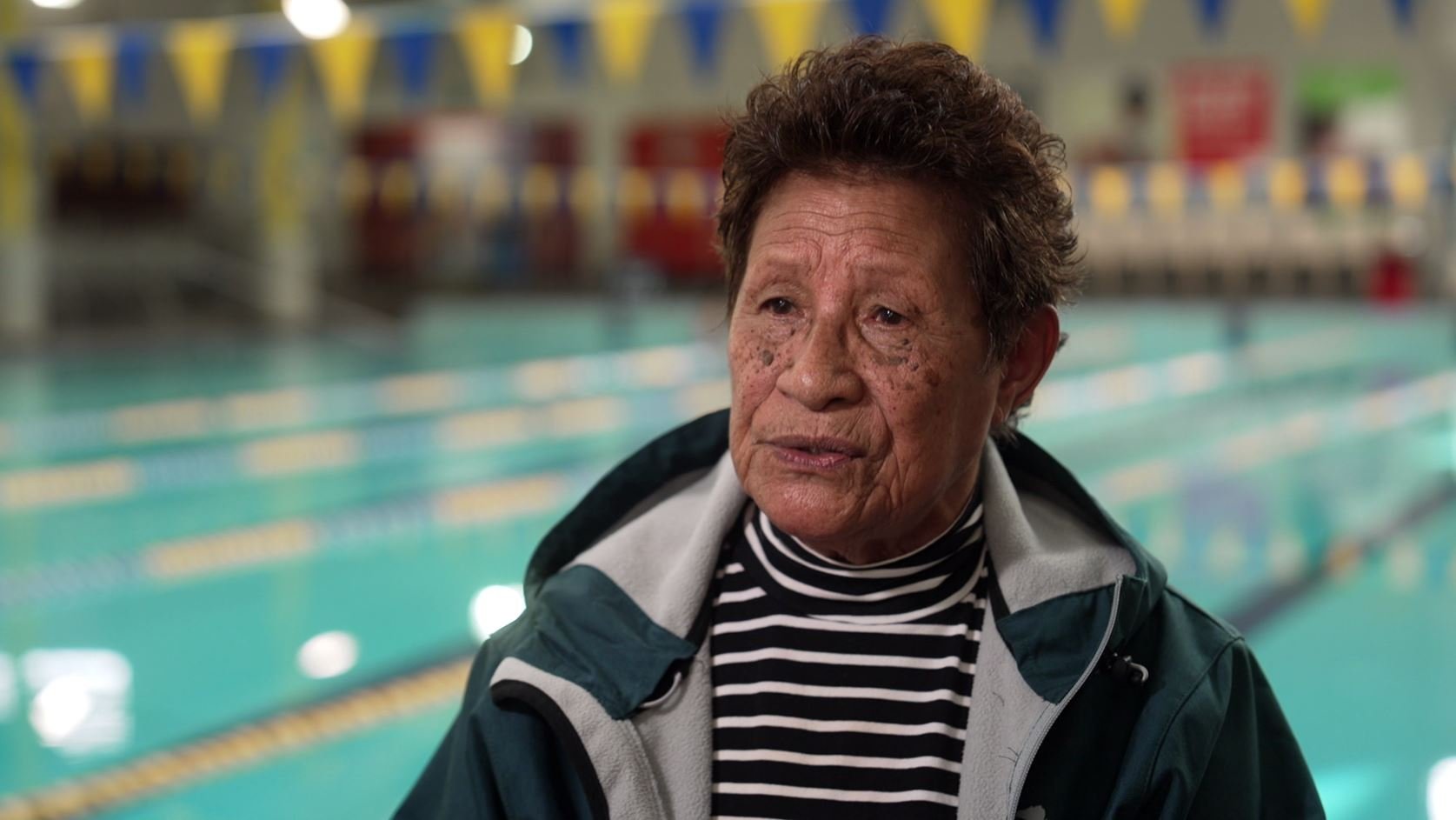Source: University of Auckland
Importing cannabis into New Zealand is not usually a requirement for a Masters degree but for University of Auckland science graduate Kent Onesemo, it was vital to achieving his goal.
The 28-year-old former policeman graduates from the University of Auckland today with a Master of Science in Chemical Science and, as far as he knows, he is the first member of Samoa’s police force to complete a post-graduate degree at a New Zealand university.
Kent discovered a love of chemistry in general and forensic toxicology in particular when he was asked to analyse chemical profiles of cannabis samples as an undergraduate. He realised he had found his science niche.
“I’m a really curious person and love to ask questions about how things work so forensics is a natural fit for me,” he says.
After graduating with a BSc in Australia, Kent returned home to Samoa and joined the police force but when he discovered he was eligible for a Science Support Award, he realised he really wanted to continue studying.
For his Masters degree he continued forensics work identifying different strains of cannabis – including carrying out a comparison of the chemical profile of Samoan cannabis with strains commonly found in New Zealand.
But as an illegal drug in both countries, it proved challenging to get the necessary cannabis samples from Samoa into New Zealand. He couldn’t have done it without strong support from the Environmental Science and Research (ESR) drug chemistry team and New Zealand and Samoan police.
“It took a while but we got there,” he says. He won’t say too much about what he found, but can confirm that Samoan cannabis is less potent that varieties typically found in New Zealand.
Kent’s work has taken on new importance given the binding referendum next year.
“New Zealand lacks data on different types of cannabis, including how potent some strains are compared to others,” he says.
“If the referendum next year makes cannabis legal, then the baseline data I generated can be used to inform decisions around decriminalisation including what types of cannabis can be sold or putting a cap on how potent cannabis can be.”
Kent’s next move is to take up a full-time research role with the Scientific Research Organisation of Samoa (SROS). The research centre plans to increase science capability in the Pacific and last month signed a formal Memorandum of Co-operation agreement with the Maurice Wilkins Centre for Molecular Biodiscovery to establish a joint research centre in Apia.
“One of the things I eventually hope to work on in this new role is to look at the medicinal qualities of cannabis but also to widen my scope to things like food and agricultural research.”
He credits his ability to achieve his goals to his mother, Poutasi, who, he says has been his biggest support and who watched him graduate today.
“During all of my education she has always been there for me, encouraging me to succeed and do my best, so today is a big day for her as well.”












